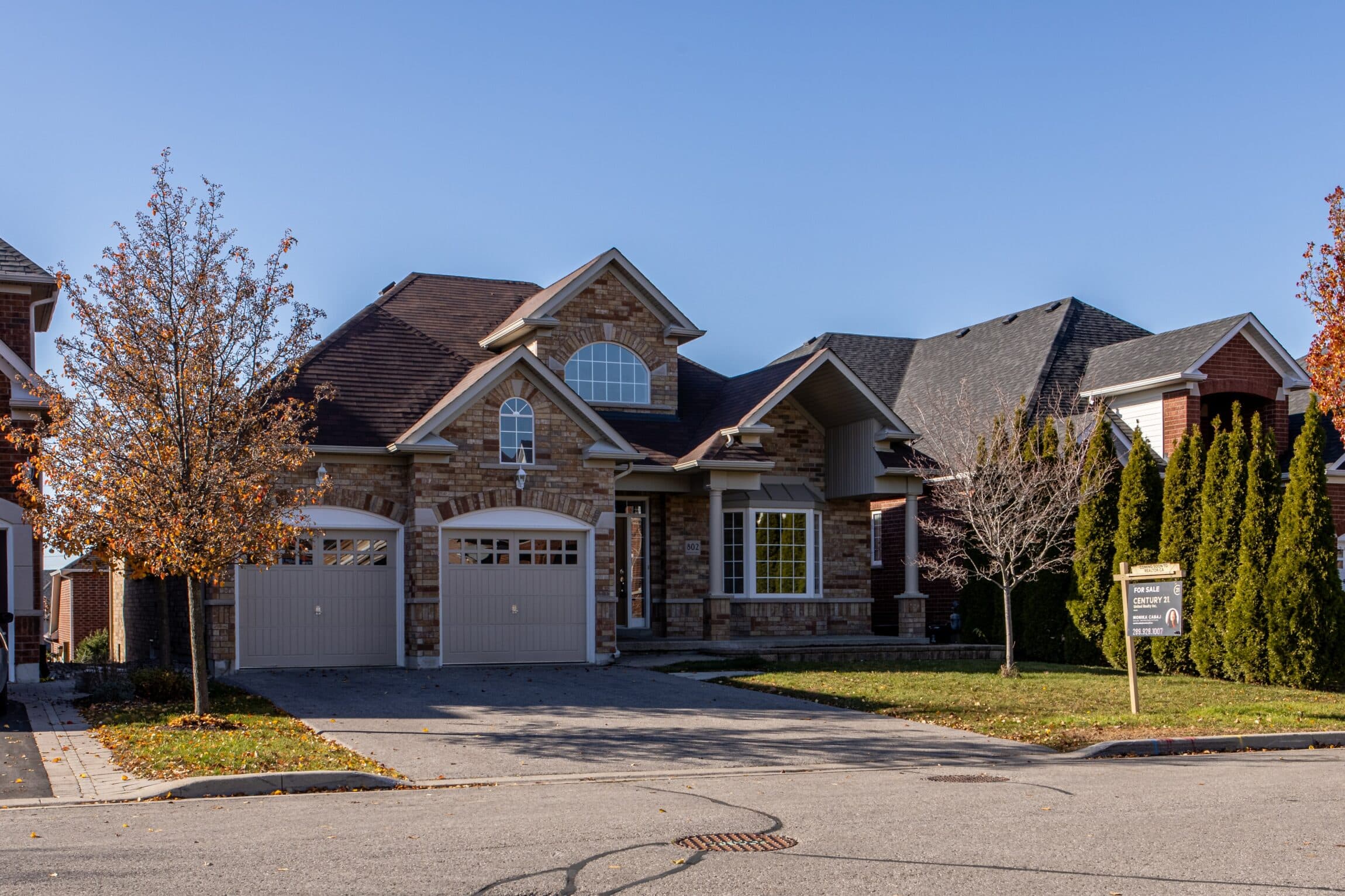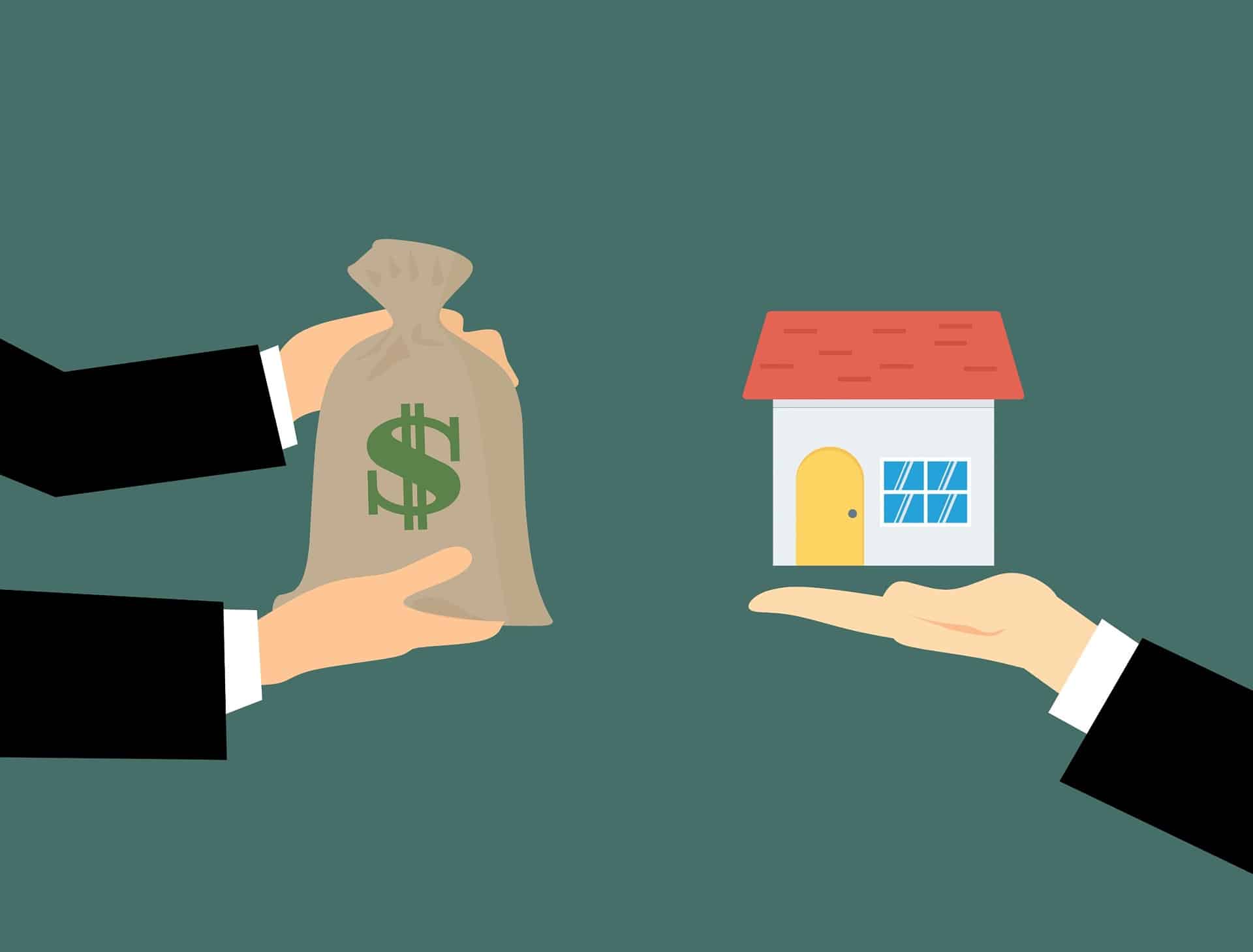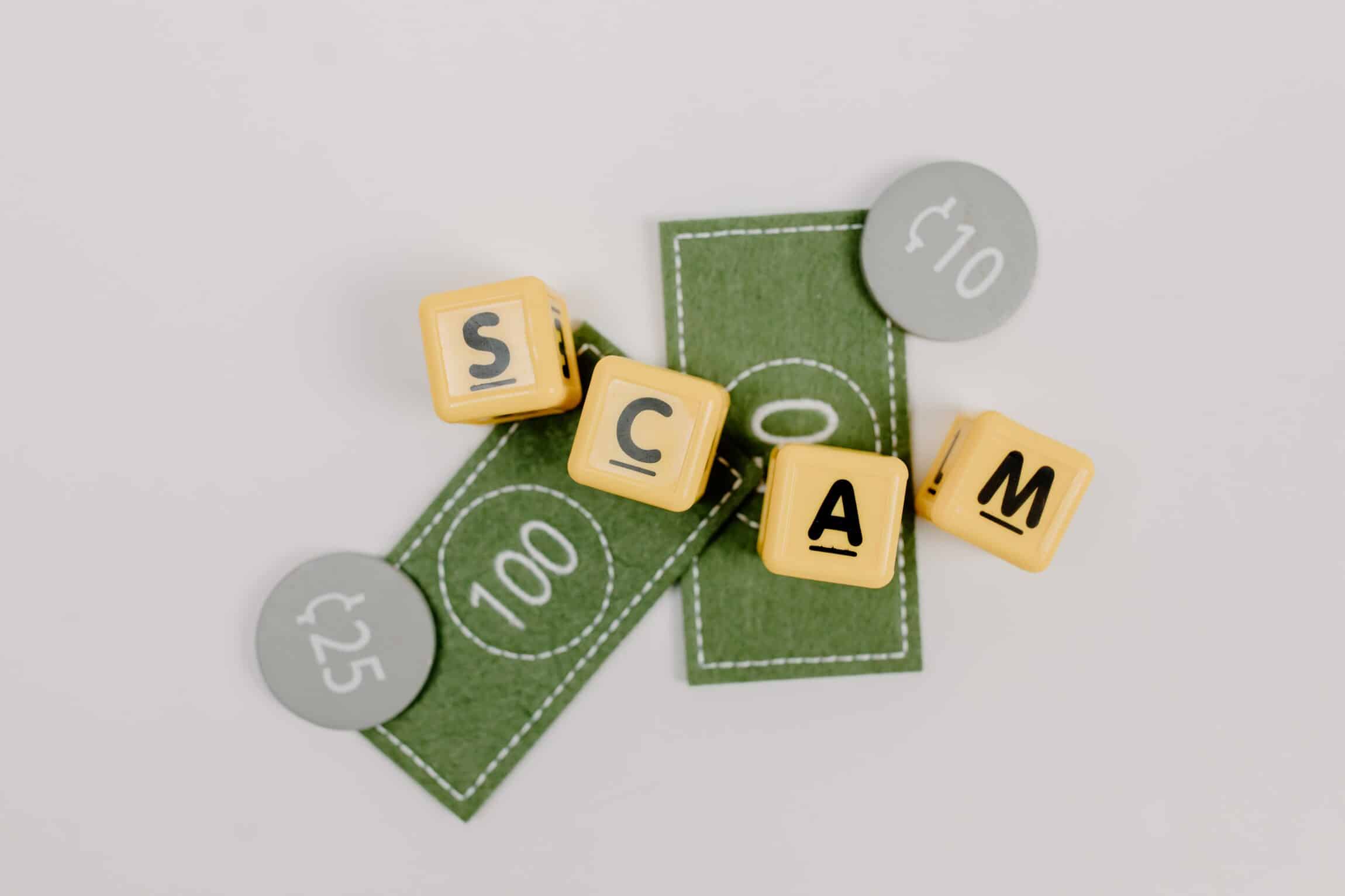
A reverse mortgage is a wonderful tool that allows you to live in your home during your retirement without having to make monthly mortgage payments. Essentially, a reverse mortgage turns your home’s equity into a stream of monthly payments. So instead of paying the bank, the bank pays you.
The primary benefit that this type of mortgage provides is allowing seniors to meet living expenses in retirement while staying in their homes. This helps seniors live worry-free and provides peace of mind regarding their finances.
It is important to note that the reverse mortgage loan balance owed does not need to be repaid until the homeowner either passes or leaves the home. This means that selling your home will require you to pay off the reverse mortgage.
What’s a Reverse Mortgage?
A reverse mortgage loan is similar to a traditional mortgage loan, although the key difference between the two is that a traditional loan requires monthly payments. A reverse mortgage, on the other hand, allows the homeowner to borrow money from the bank using their home as security. A reverse mortgage loan allows you to keep your home under your name.
Keep in mind that the entire loan balance must be paid when the homeowner/borrower no longer lives in the home.

Watch Out For Scams Related to Reverse Mortgages
Unfortunately, financial scammers pop up everywhere. There are many cases of financial advisors committing fraud.
In these instances, financial planners convince the homeowner to get a reverse mortgage even though in reality, they don’t need one. Specifically, financial advisors often elaborate that it is a smart investment decision and suggest that you use all proceeds to invest in other assets for their own financial gain. These situations occur daily, which is one of the underlying reasons it’s important to understand their tactics and motives.

Since scammers are becoming more creative and prominent in our society it’s important to recognize that the VA (Veterans Affairs) does not offer reverse mortgages. If someone is portraying themselves as a reverse mortgage lender approved by the VA or is selling a reverse mortgage offered by the VA itself, it is a scam.
It can be very difficult to differentiate a scammer from a licensed financial professional. You will want to talk with individuals who you have long trustworthy relationships with such as family members, financial advisors, and real estate attorneys before agreeing to sign a reverse mortgage contract.
How Do you Pay Back a Reverse Mortgage?
There are multiple different ways for you to pay off your reverse mortgage. Whether you are looking to pay it off early or when it comes due, selling your home is an option.
No matter the circumstance, whether you are moving into an assisted living facility or relocating, you can simply sell your home to pay off the reverse mortgage. It’s important to understand the proceeds gained from the sale of your home will be used to pay the current loan balance. However, if there are additional remaining proceeds then you get to keep them.

Another option for paying back your reverse mortgage is to either refinance the mortgage or take out a new mortgage. If you’re considering refinancing the mortgage on your home, you will have to make regular payments toward the mortgage, similar to a traditional mortgage loan. However, refinancing can be very beneficial in the circumstance that it can lower your monthly payments due. The decrease in monthly payments increases property value.
Lastly, if the borrower does not meet the requirements of the payment plan, the lender might risk foreclosure. One way to avoid this from happening is to provide your lender with the deed to your home. This action is known as a deed in lieu of foreclosure.
The Steps to Selling Your House With a Reverse Mortgage
As explained earlier, you can sell your home with a reverse mortgage. Your lender, however, cannot force you to sell your home. But keep in mind that once you sell your home, your loan amount becomes due.
Contact your Reverse Mortgage Lender
If you are considering selling a reverse mortgage home, the first step is to contact your loan servicer to find out how much debt you owe. After contacting your lender you will receive a loan payoff balance quote. It’s important to consider that most reverse mortgage quotes expire, so it is very important to pay off the mortgage debt as soon as possible.
After consulting with your lender, you’re going to want to get a real estate attorney to help navigate you through the process.
Consulting With a Real Estate Agent or Attorney Before Selling
The current appraised value of your home will be given by your real estate agent. They will help you find out the fair market value of your home and ensure a fast and easy home sale.

Since the process of selling your home and paying off your reverse mortgage debt can be overwhelming, many buyers hire a real estate attorney. A real estate attorney will provide a timeline and process that assures the reverse mortgage payoff is handled smoothly.
Listing and Selling the Home with a Reverse Mortgage
Once, you have discussed and confirmed the details of your loan payoff amount with your lender and real estate attorney it’s time to put your home on the market.
To get the highest value for your home, you will want to work alongside a real estate broker and agent. The real estate agent will help get your house ready for showings by marketing the property, taking photographs, and coordinating showings. The broker will focus on the closing costs to ensure that you sell your home for the appraised value to cover the existing loan.

What to Consider Before Selling a House With a Reverse Mortgage
There are several factors you will want to take into consideration before you or a family member considers selling a home with a reverse mortgage.
First, reverse mortgages often come with fees which may considerably decrease the amount of home equity you receive from the sale. If your property has loses value then it’s likely that your home will be worth less than the remaining debt owed.
If your home sells for at least the loan balance, you will get to keep the remaining moneys. If you sell your home for the appraised market value, your mortgage insurance will help pay off the rest of the loan.

All things considered, these are a few factors that you are going to want to factor in when determining if you are willing to sell a house with a reverse mortgage. This process can be very long and time-consuming, risking various financial assets whether it be your house or investments.
Alternatives to Selling a House With a Reverse Mortgage
Not every senior homeowner has enough equity to sell their home and make a profit or cover their reverse mortgage debt. However, there are alternatives. For instance, the local government offers programs and support services which offer rebates for your property taxes and other special loans to improve your home and quality of living.
Let us here at Idaho Reverse Mortgage help you out and make sure you are ready to enjoy your life. A reverse mortgaged home is a great opportunity to help better manage your remaining money in retirement and meet other financial obligations to provide the life you deserve. Give us a call today if you are considering a reverse mortgage. We can provide all the information you need to help you make the right decision.